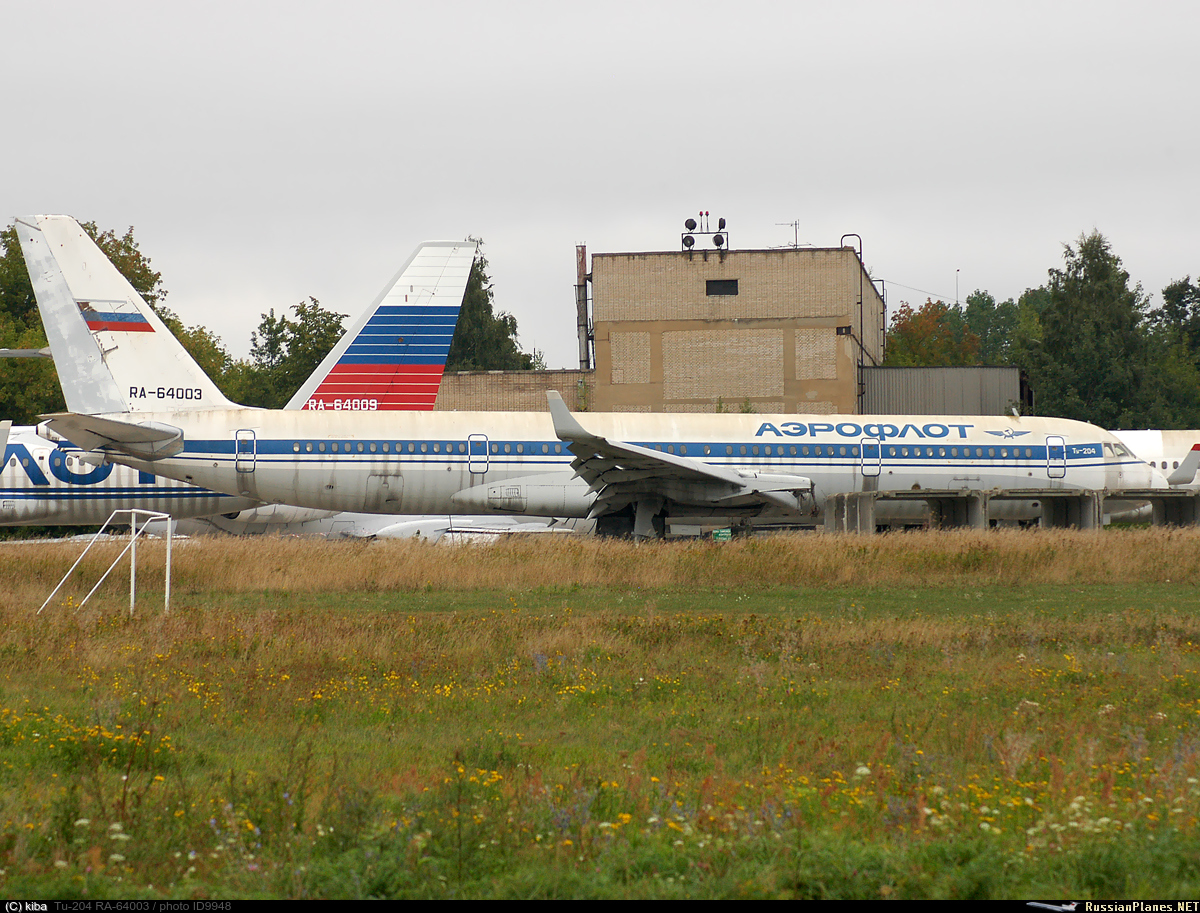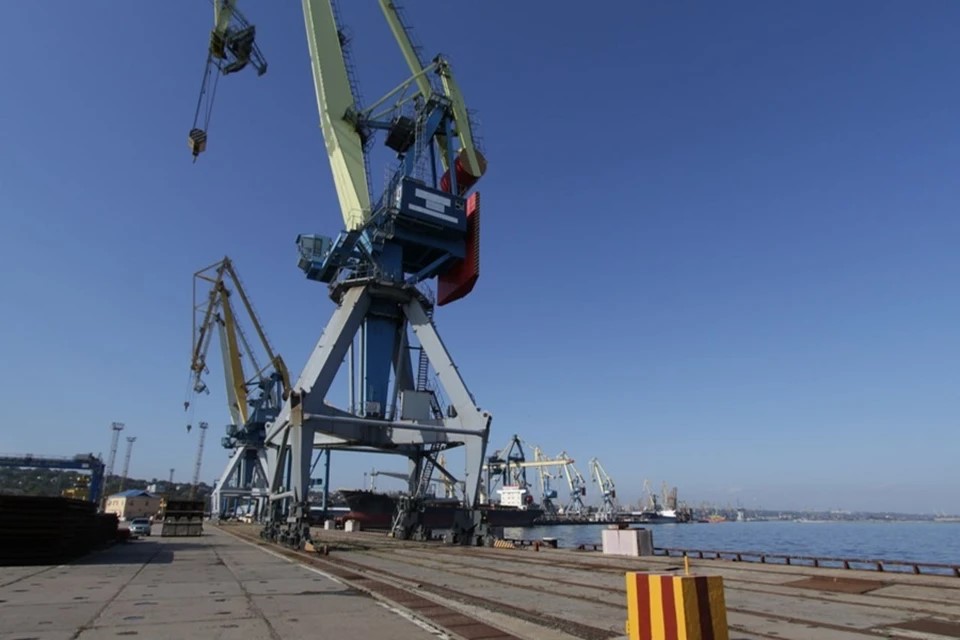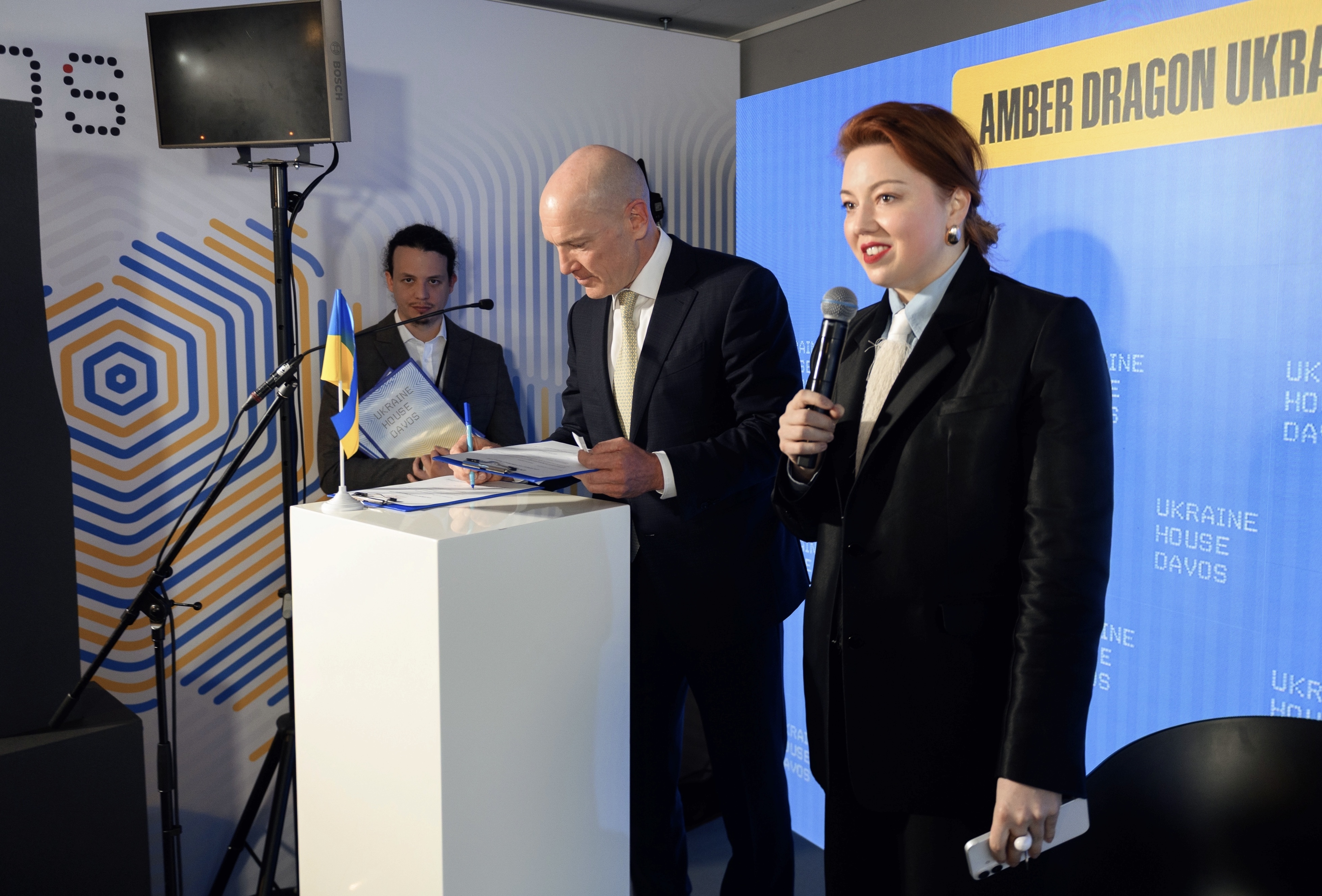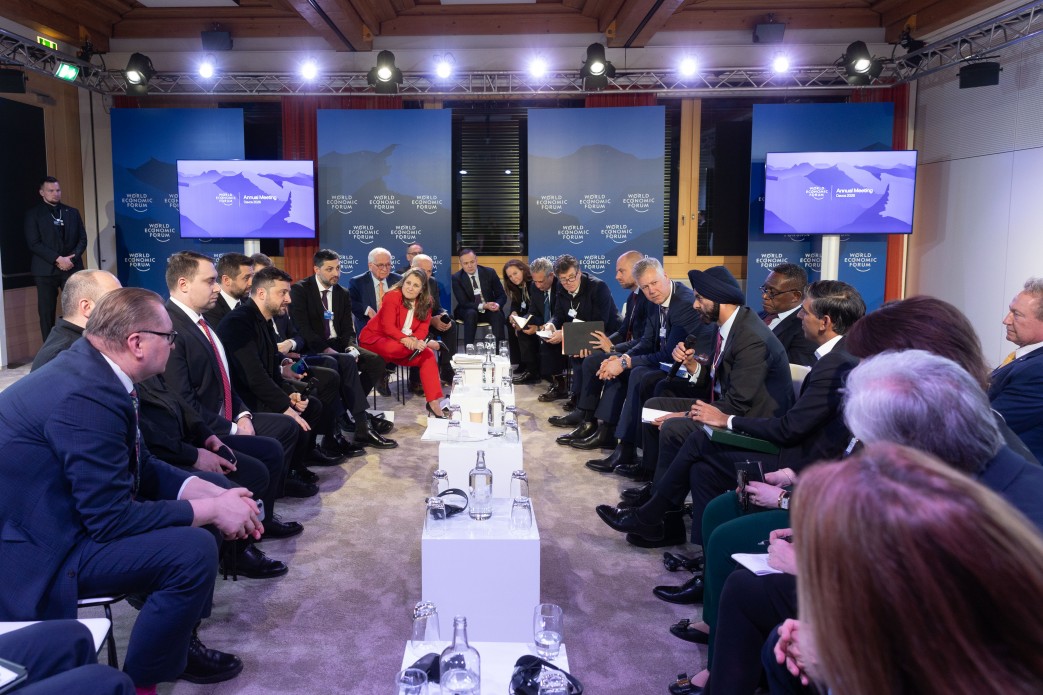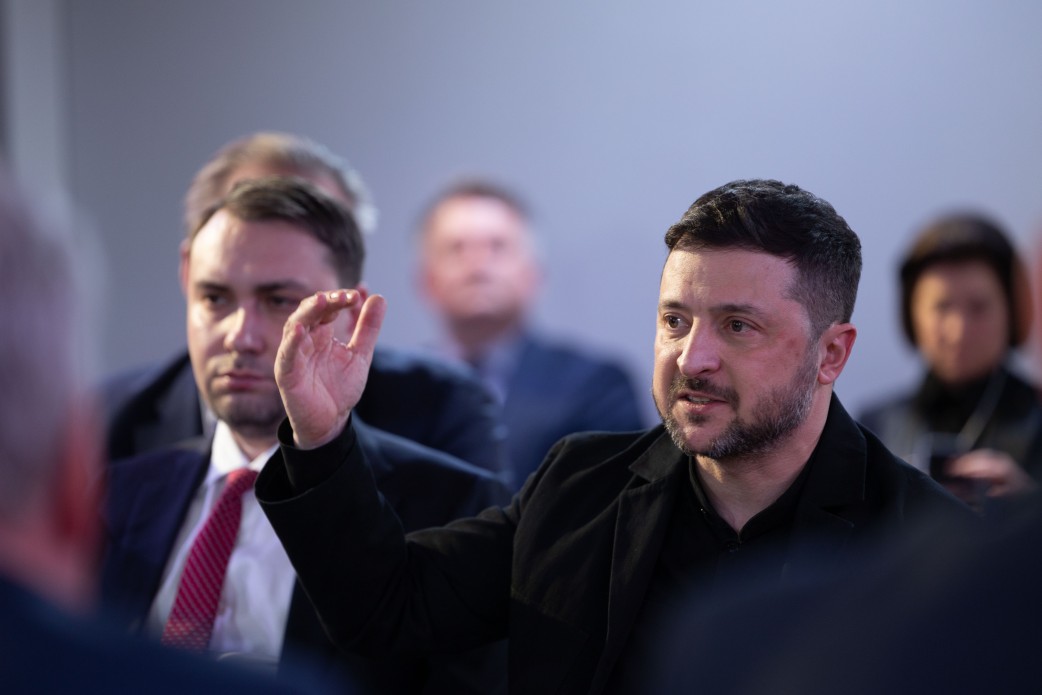The International Working Group on Sanctions Against Russia, co-chaired by Head of the Office of the President of Ukraine Andriy Yermak and Director of the Freeman-Spogli Institute for International Studies (FSI) Ambassador Michael McFaul, has examined 174 foreign components removed from three UAV models used by Russian troops on the battlefield in Ukraine.
In particular, the Russian army regularly uses three main models of drones: Shahed-136/131, Lancet, and Orlan-10. At the same time, Russia still relies heavily on foreign-made components, including microelectronics, in the production of UAVs.
According to a study by the International Working Group, China is the main supplier of critical components for Russian drones, accounting for 67% of shipments, with 17% of them going through Hong Kong. Türkiye and the United Arab Emirates account for 5% and 2% of components, respectively. Components made in Japan, the Republic of Korea, Switzerland, and other countries, including processors, chips, transistors, and other vital components, were also found in the drones.
At the same time, according to the report of the International Working Group, many details can be obtained through publicly available platforms, which complicates regulatory oversight.
In view of this, the group's experts called on manufacturers to do more to prevent Russia from accessing their products bypassing economic sanctions.
"Russia is extremely active in using drones for massive attacks on infrastructure, civilian and military targets in Ukraine, so it is very disturbing to see that important components for the production of hostile UAVs come from different countries, including Ukraine's allies. This issue requires our joint immediate response. We have to take comprehensive measures to prevent the aggressor from using critical components to continue hostilities on Ukrainian soil," emphasized Andriy Yermak.
In particular, it is proposed to align sanctions lists between partner countries, unify lists of dual-use goods based on the Harmonized System and expand the categories of goods subject to sanctions based on the Harmonized System.
Companies should also develop clearer instructions on how to comply with the law. It is recommended to strengthen cooperation between producers and authorities in order to improve compliance with sanctions and implement effective restrictive measures. In addition, governments should investigate well-known companies that do not comply with the sanctions policy.
According to experts, more effective use of existing institutions and mechanisms is needed. In particular, the use of anti-money laundering (AML) mechanisms can strengthen export control measures, as sanctions circumvention often has similarities with money laundering. The application of AML techniques to export controls is valuable for identifying structures in third countries that are important for the production and export of military products to Russia, especially if the production takes place outside the sanctions coalition.
"The report of the Yermak-McFaul Working Group is a call to action to strengthen international cooperation. As we navigate this complex landscape, information sharing and cooperation among coalition nations is of paramount importance. By working together, we can effectively implement sanctions and strengthen oversight to curb the unauthorized flow of critical technologies," said Vladyslav Vlasiuk, Advisor to the Head of the Office of the President of Ukraine, Secretary of the International Working Group on Sanctions against Russia.
The International Working Group on Sanctions was established on the initiative of President of Ukraine Volodymyr Zelenskyy. It is co-chaired by Head of the Presidential Office Andriy Yermak and Director of the Freeman-Spogli Institute for International Studies (FSI) Ambassador Michael McFaul. The group includes international and Ukrainian experts, including representatives of the Kyiv School of Economics.
















